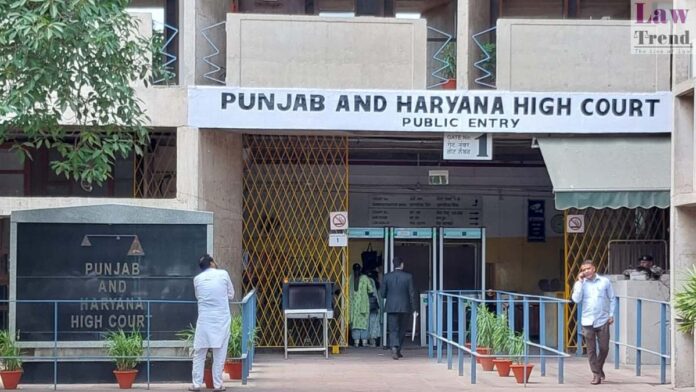In a recent ruling, the Punjab and Haryana High Court has dismissed an appeal from two individuals challenging the cancellation of their appointments as Punjab Civil Service (judicial) officers, a consequence stemming from the 2002 Punjab Public Service Commission (PPSC) scam.
The appellants were originally recruited following a 2001 advertisement for 21 PCS (judicial) officer positions. Their appointments were rescinded in September 2002 after the exposure of the “cash-for-job scam” involving former PPSC head Ravi Sidhu. Sidhu, who was implicated as the principal conspirator, was found guilty of accepting bribes to manipulate recruitment processes between 1995 and 2002. He was sentenced to seven years of rigorous imprisonment in 2018 by a trial court for corruption and possessing disproportionate assets. Additionally, a Patiala court sentenced him to another seven-year term in 2015 for his role in the scam.
The scandal prompted the high court to establish a committee tasked with investigating the appointments, leading to the recommended termination of services for the 1998, 1999, 2000, and 2001 batches. A reexamination was conducted for the positions affected during this period.
Navdeep Singh and another candidate, who were both acquitted by a vigilance bureau trial in 2016, sought reappointment. Their acquittal led them to petition the Punjab government for reinstatement, arguing that the basis for their initial termination had been nullified. However, the government declined their request following an adverse opinion from the high court.
Approaching the high court in 2017, the duo contended that their clean acquittal should nullify the previous cancellation of their appointments and allow for their reinstatement. Despite their arguments, the high court dismissed their plea, pointing out that the termination notices were issued in 2002, yet the representation against them was not filed until 2016. The court labeled the delay as “barred by laches,” indicating an unreasonable postponement that, coupled with ongoing recruitments and advertisements for new selections, prejudiced the judicial process.




